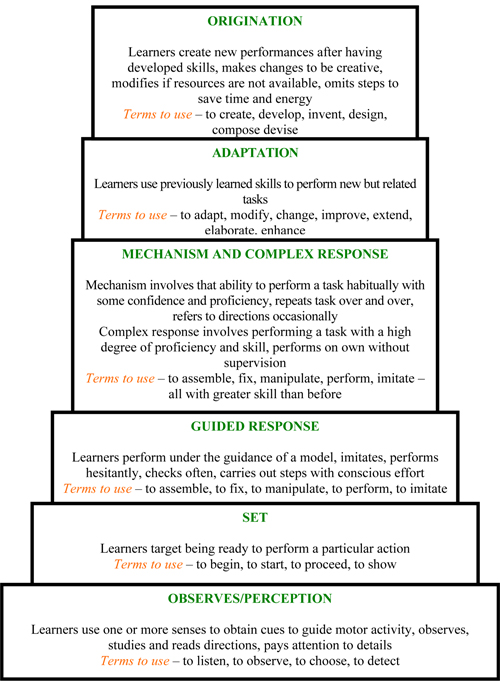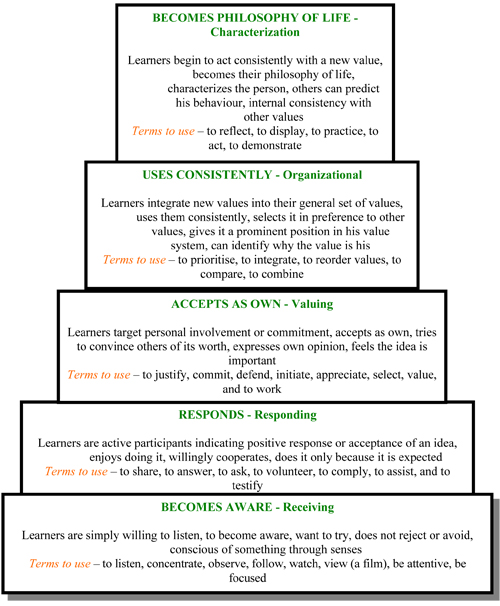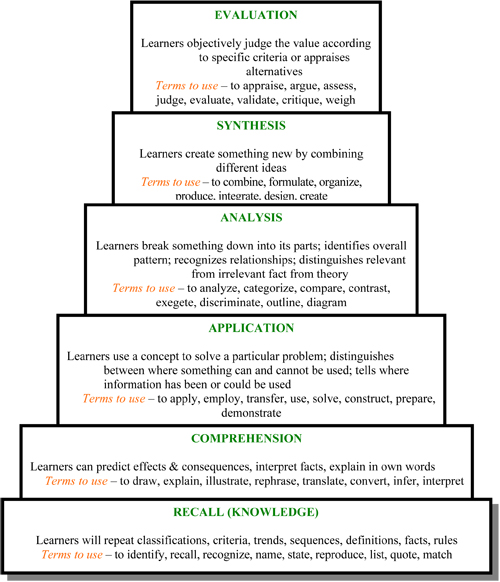continued from page 1
In what ways do intergenerational relationships impact a women’s ministry?
Intergenerational relationships within a women’s ministry provide diversity and strength. If we all looked alike and thought alike, what fun would there be in attempting to come up with a new theme or a new program or a new avenue of reaching out into the community with the Gospel? We need one another. It’s not enough to have only those over forty on your planning and ministry teams. You lose a perspective and ideas and gifting that God intended the church to have. Our view of church membership holds that God gives us each member for a particular reason. We need her gifts, her strengths, and her weaknesses to further the work of ministry and sanctification. We are all part of the body of Christ and we need to learn to relate to and value one another – our own growth in godliness is dependent upon the ladies in our congregation. Bringing both young and old perspectives around the table allows for conversation about ministry that has depth. Instead of being fearful of those conversations, see them as Gospel opportunities. The younger ladies will come with new ideas. Rejoice and be glad that God has given them to you to help keep the ministry fresh and alive! The older ladies will come with sound wisdom and judgment that is filled with first-hand experience over many years. Rejoice and be glad that God has given them to you to keep you on the path of Biblical Truth! The question is, can we delight in, value, and affirm the gifts of all as we seek to build relationships with one another? Can we lay aside our insecurities and take a step towards one another for the sake of Kingdom work and personal growth in godliness?
Do you have any closing thoughts you would like to share?
This is a topic that has so much depth and so much potential, that is near and dear to my heart, and we have barely skimmed the surface. I want readers to know that I do genuinely desire to keep this conversation going, with the prayer that it helps ministry and relationships with your ladies in your churches. To that end, here are a few questions for you to reflect on and potentially discuss with one another…
- The goal of a Gospel-centered intergenerational relationship (or any relationship!) is sacrificial serving of others. However, the realities of sin often cause us to enter relationships with great demands and great expectations that others meet our needs. Reflect: What is it that you most want out of relationships with other ladies, particularly those outside of your life stage? What are your great expectations of others that are self-serving? In thinking towards Gospel-centered relationships, what do you have to offer that could be used to serve others in an intergenerational relationship?
- At the very places where our expectations are not met, we can most clearly see our need for a Savior. What is your response and what happens to the relationship when your “great expectations” are not met? In what ways do your own desires and expectations point you more toward the Gospel? What encouragement can you find at the foot of the cross for the foundation and strengthening of our relationships with one another and with our God?
- In what ways can you begin stepping towards those who are outside of your generation and offer the gift of friendship? (Where are some natural starting points and venues?)
When we make idols out of our “needs” and “expectations,” rather than getting what we think we want (relational needs met), we actually push people away from us because idols are never satisfied and only demand more – more love, more time, more security. Only God can satisfy the relational needs of our heart and yet our hearts are thoroughly convinced that people can meet those needs. With honest reflection, name the relational idols that you are chasing. Pray over each idol and ask God to give you a heart that desires to repent and turn to Him to meet those needs. Then pray that He would show you the path towards Gospel realties that penetrate those intergenerational relationships that you desire.



